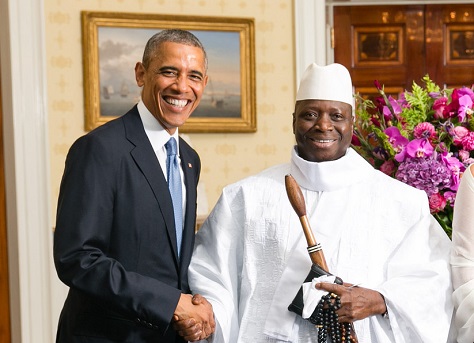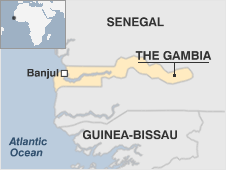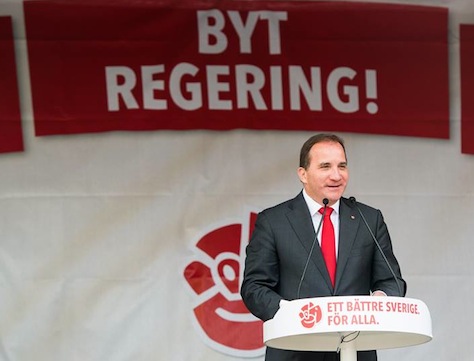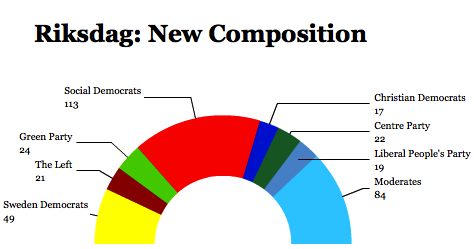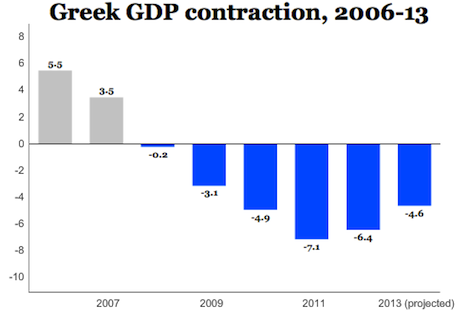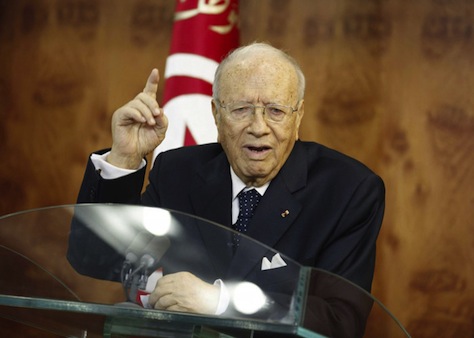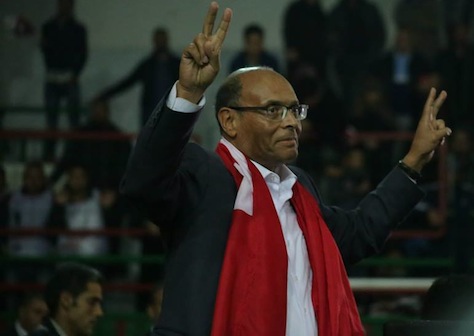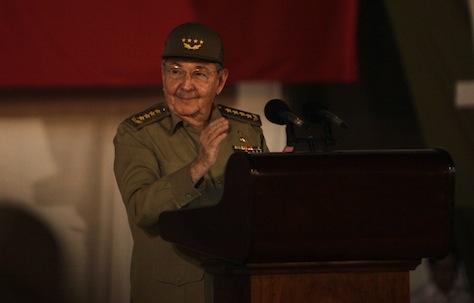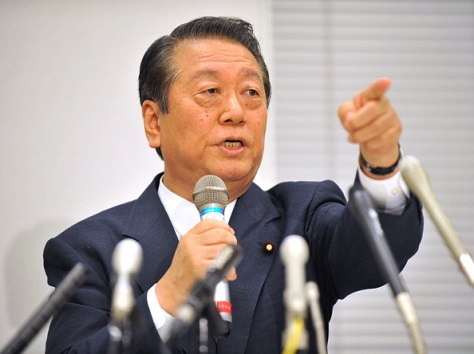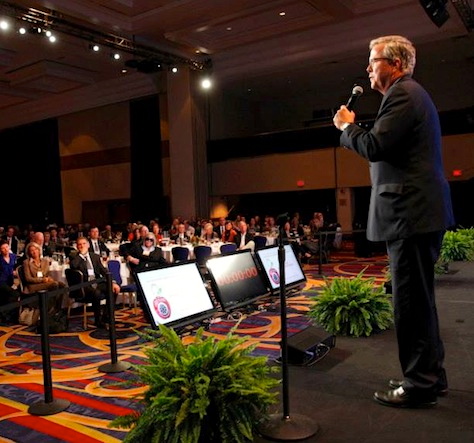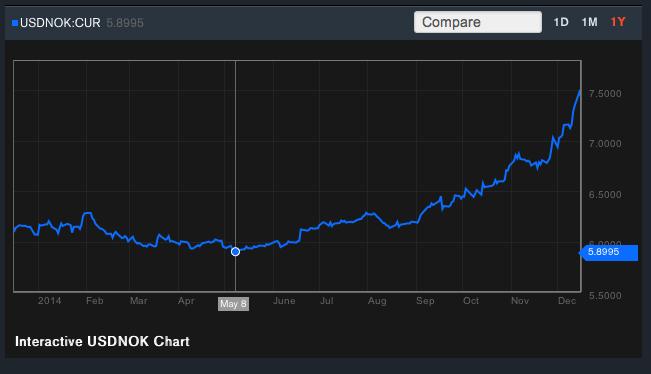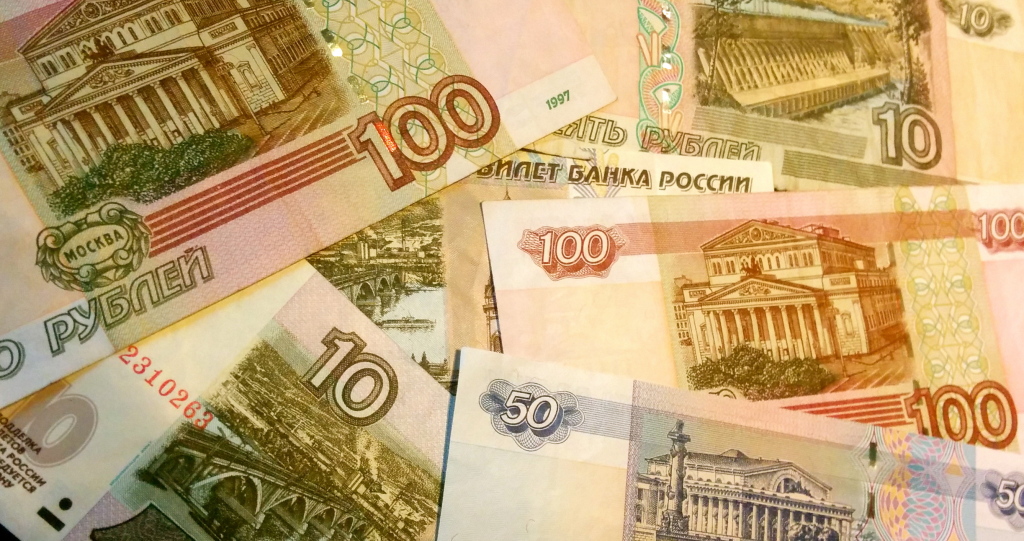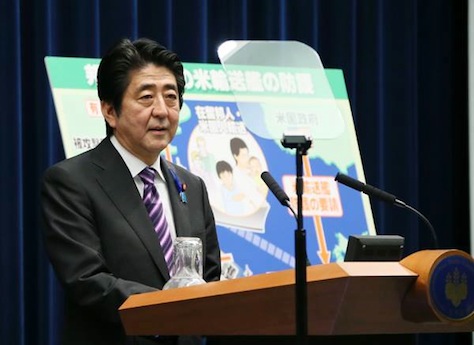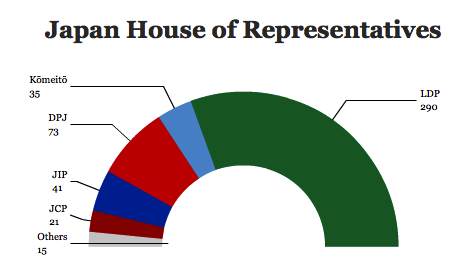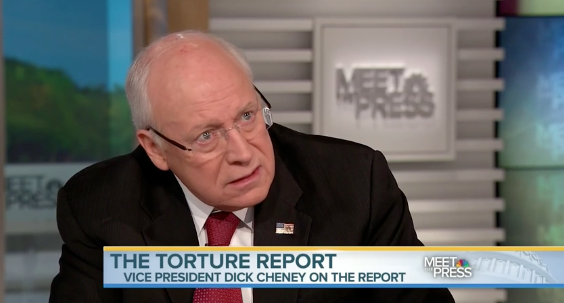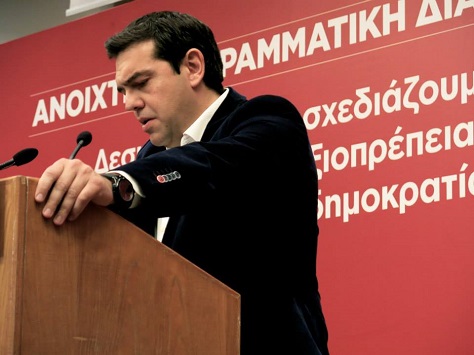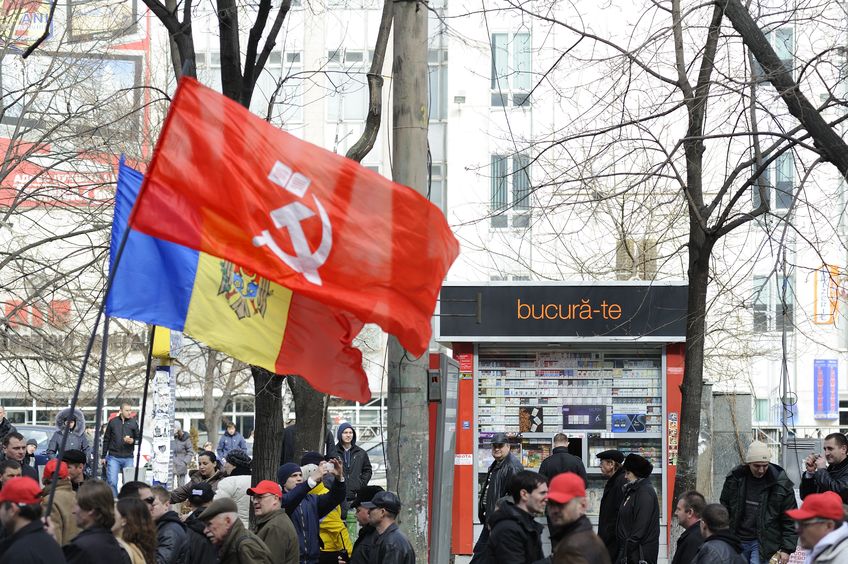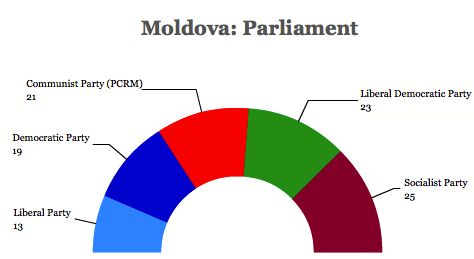When you start to add up all the abuses of Gambian president Yahya Jammeh’s 20-year dictatorship, you might think it’s a real shame that Tuesday’s coup attempt has apparently failed.![]()
Though Gambian officials are reporting that the coup has failed, and other officials are denying that a coup attempt even took place, it’s hard to know just exactly what is happening in the capital city of Banjul. Jammeh is said to be out of the country, though conflicting reports have placed him on official business in France as well as on a personal trip to Dubai. In short, no one know what’s happened (or may still be going on in Gambia) and no one knows where Jammeh is currently located.
Gambia served for centuries as a Portuguese trading colony before it became a British protectorate in 1894. An overwhelmingly Muslim country, it won its independence from the United Kingdom in 1965, and it’s known just two leaders in that time — Dawfa Jawara, who ruled as prime minister or president from 1965 to 1994, and his successor, Jammeh, who ousted Jawara in a chiefly bloodless coup at the tender age of 29. What followed could hardly be called bloodless, however.
Since 1994, Jammeh’s record has been dotted with human rights violations that rank among some of the worst in sub-Saharan Africa, in marked contrast to the conciliatory approach Jawara deployed for the first three decades of post-independence Gambia. Though Jammeh (pictured above earlier this year with US president Barack Obama) might not rise to the level of abuse reserved for butchers like former Ugandan dictator Idi Amin, former Liberian president Charles Taylor or former CAR president Jean-Bédel Bokassa, he must certainly rank high on the list of Africa’s most brutal leaders today, earning international scorn for his approach to the death penalty, press freedom and LGBT rights, in particular: Continue reading Who is Yahya Jammeh? A look at Gambia’s erratic dictator.
